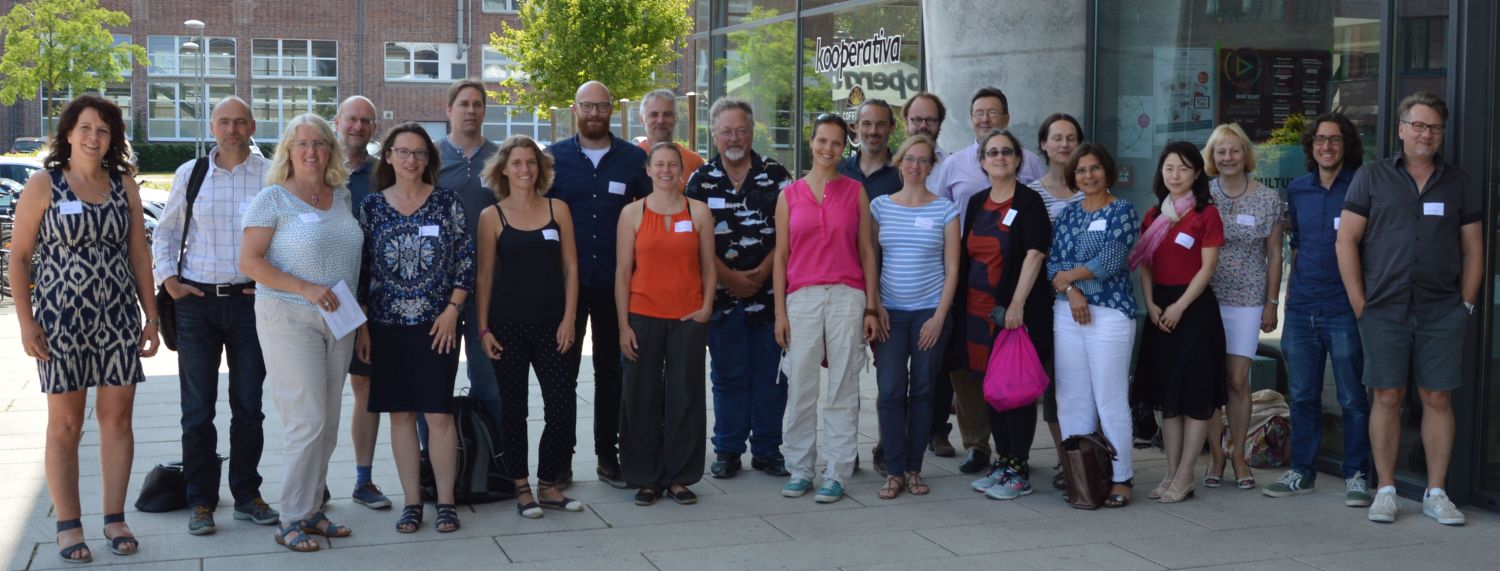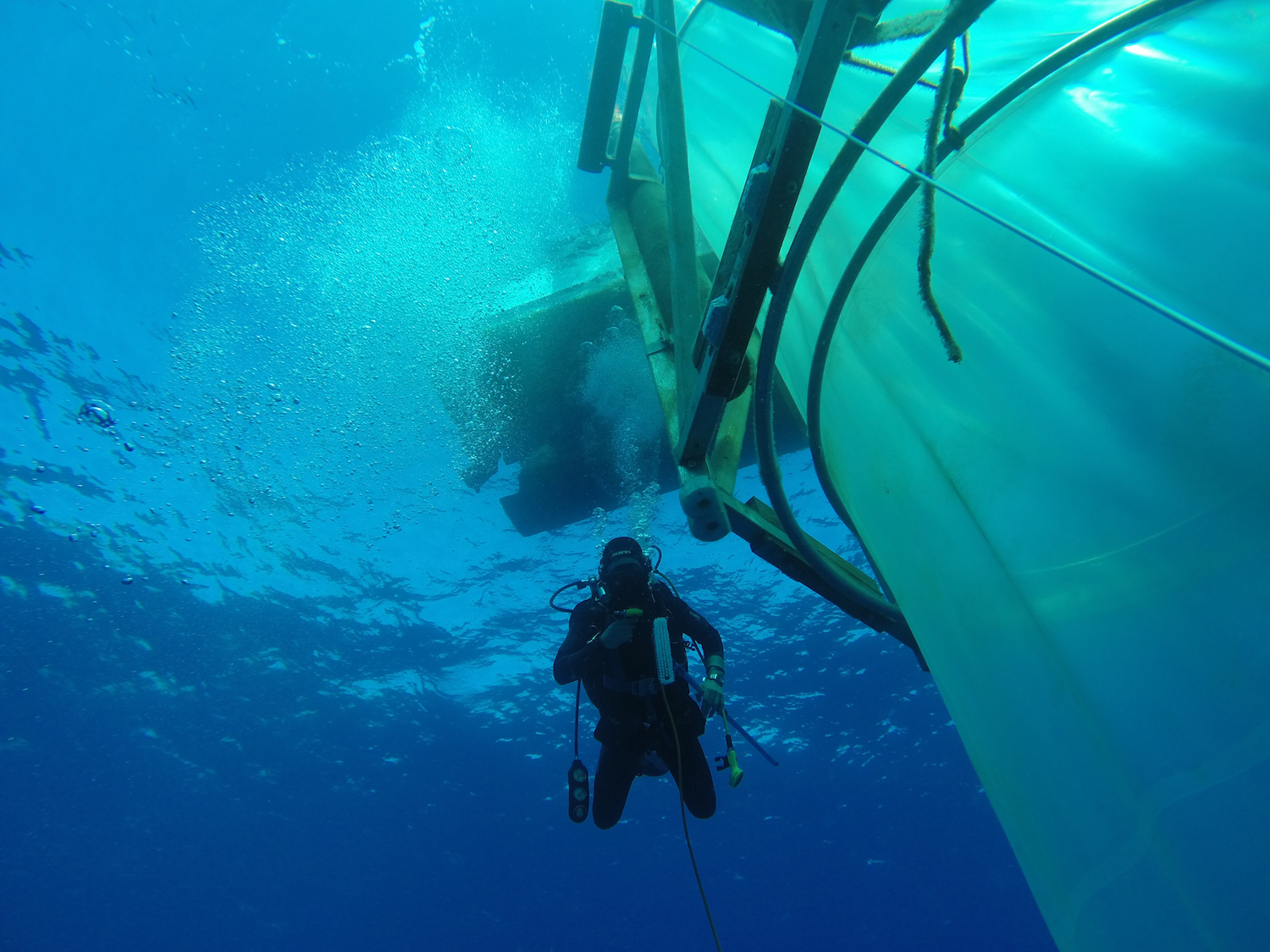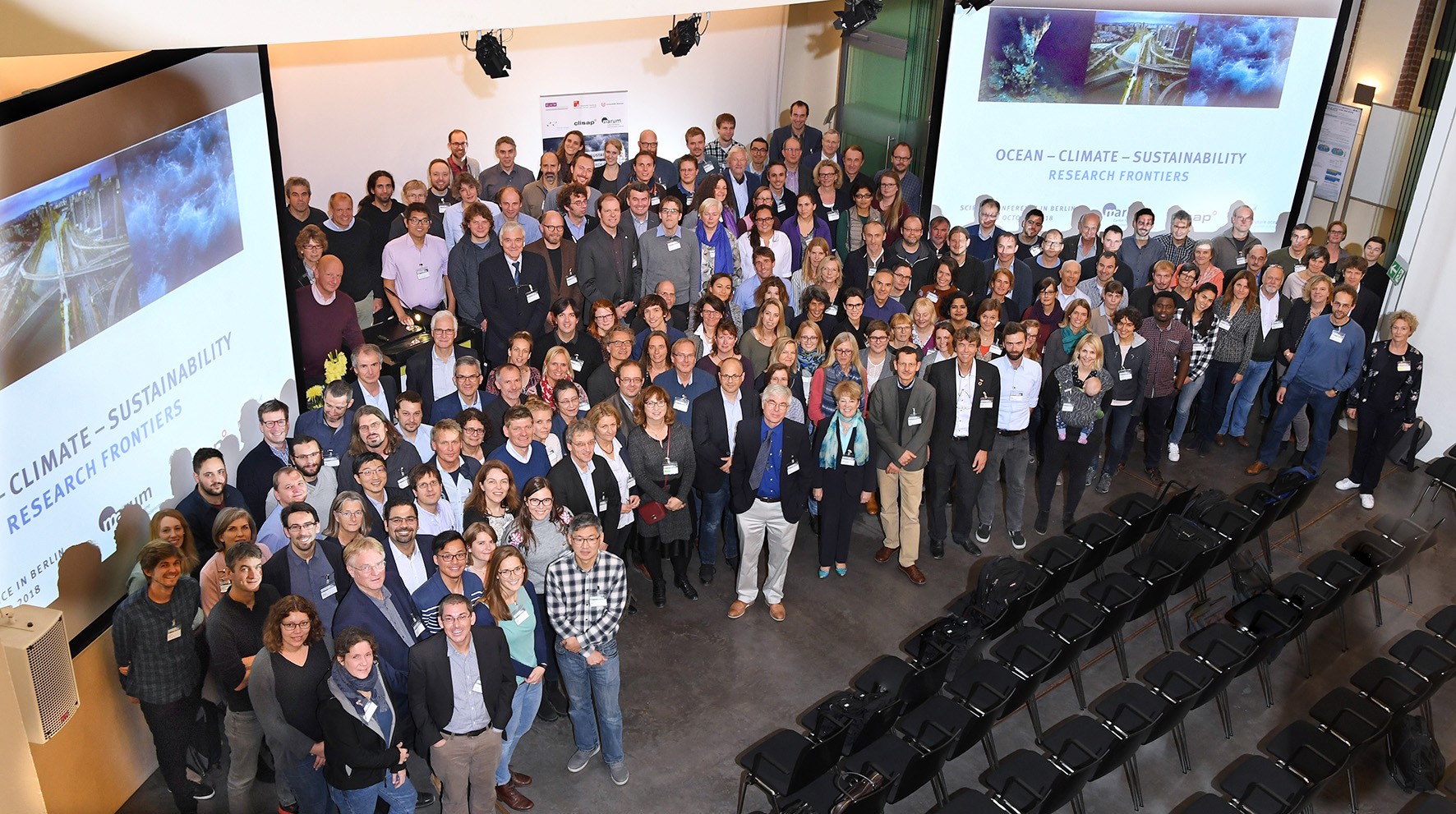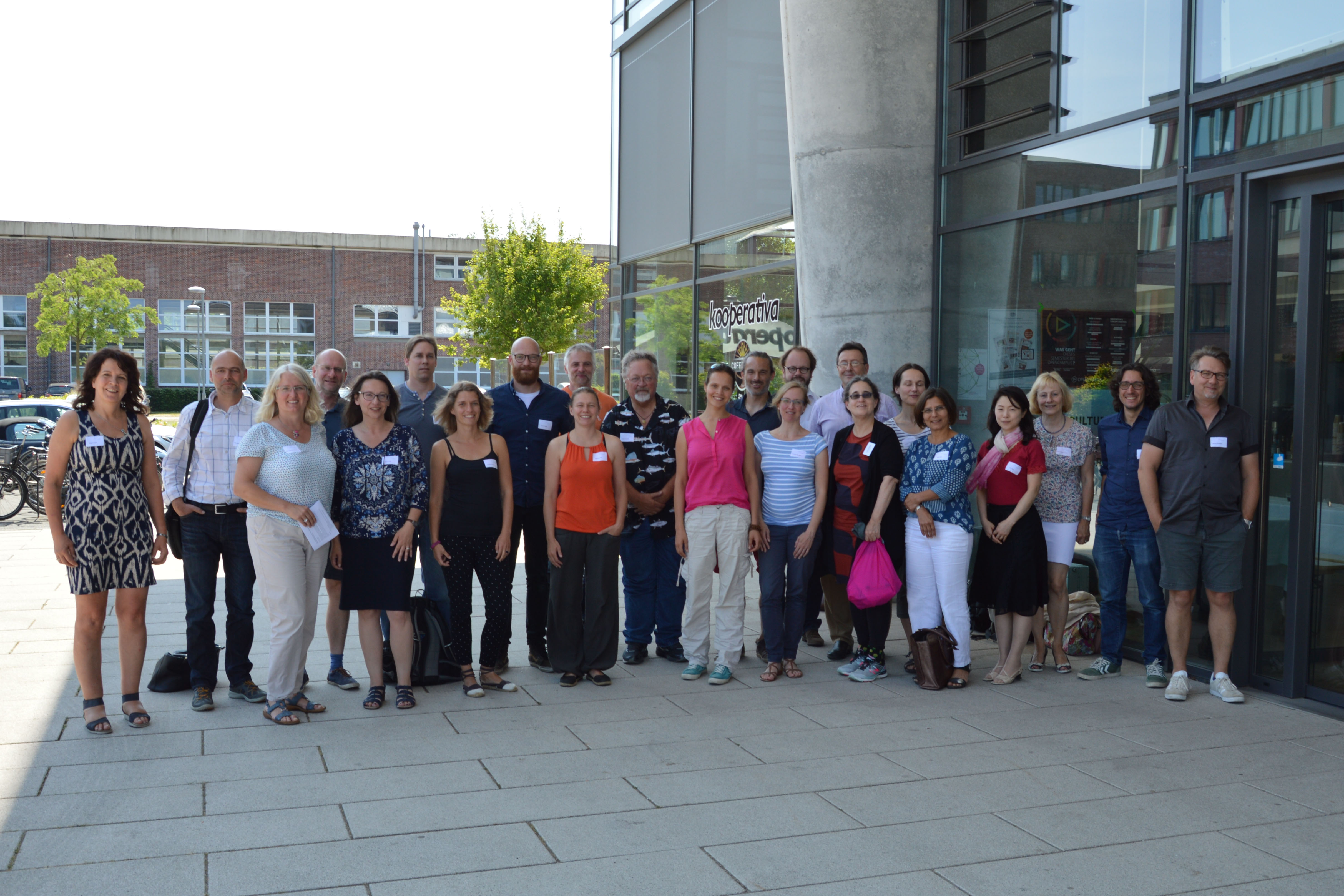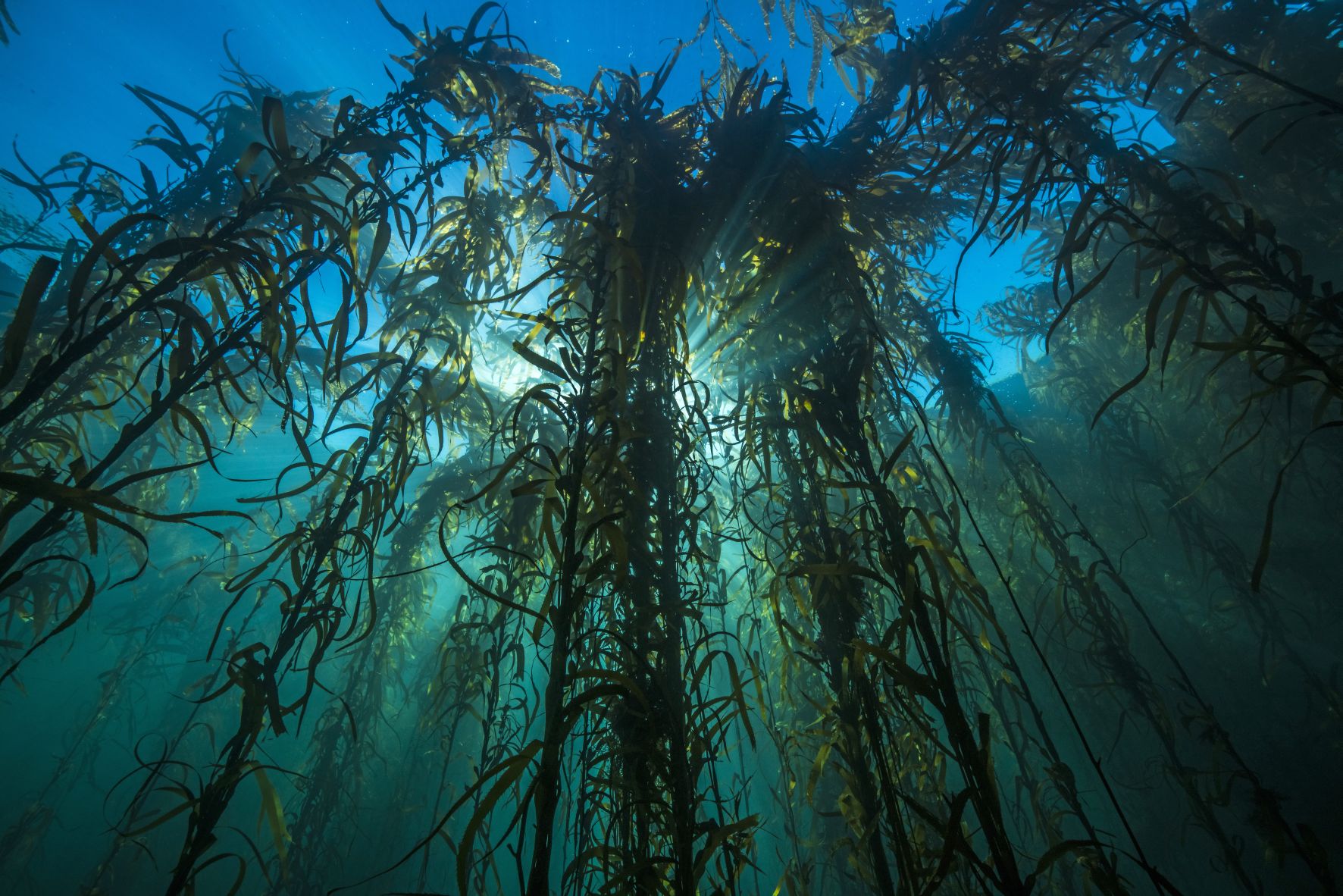The ocean and its ecosystems are under constant anthropogenic pressures. 2.8 billion people live near the coast, many in megacities. A rising temperature, acidification, overfishing, pollution, loss of biodiversity and the destruction of valuable coastal areas, for example through the deforestation of mangroves, are among the enormous burdens for the world's marine ecosystems.
During the symposium, international experts examined possible strategies for the recovery and restoration of the marine environment integrating different perspectives of natural, social and legal sciences. "The long-term preservation of marine ecosystems is one of the grand global challenges," says Anja Engel, Professor of Biological Oceanography at the GEOMAR Helmholtz Centre for Ocean Research Kiel and one of the organizers of the symposium. "In support of the Sustainable Development Goal 14 ("Life below water"), we need to develop strategies to slow down the ongoing degradation and enable the recovery of damaged marine ecosystems. Our expertise and existing networks allow us to take on a leading role in facilitating the discourse between scientific institutions, non-governmental organizations, society and politics. Together we aim to develop recommendations for action that contribute to the implementation of the Sustainable Development Goal 14 and help to sustain a healthy and productive ocean ".
The invited experts agreed that the unsustainable use of the ocean, pollution hotspots as well as the ubiquitous challenges of overfishing and climate change are driving forces for the global decline of biodiversity. "Therefore, it is important for us to stimulate far-reaching changes and develop joint solutions over the next 50 years," says Ute Hentschel Humeida, Professor of Marine Microbiology at the GEOMAR Helmholtz Centre for Ocean Research Kiel and co-organizer of the symposium.
"The health-promoting aspect of the ocean should not be underestimated," adds Lora Fleming from the University of Exeter, UK. The epidemiologist has been studying interactions between the ocean and human health for more than 30 years. "People who live on the coast are less stressed and have a higher vitamin D level," Fleming observed in several studies. In addition, Fleming encouraged the audience "not only to focus on risks and challenges when dealing with our ocean, but also to keep an eye on the fascinating opportunities for human health and wellbeing". "The restoration of marine biodiversity is possible," says Carlos Duarte, a professor at the King Abdullah University of Science and Technology (KAUST) in Saudi Arabia. "Seagrass meadows, also occurring in the Baltic Sea, were globally declining until 1980 , however, recently the important ecosystem is recovering in many regions through replanting measures and actions to improve water quality."
After the symposium, around 30 ocean experts met within the framework of a workshop to discuss the implementation of solution-oriented Ocean Health and Recovery research. One question was, for example, to what extent the massive pressure on marine ecosystems has to be reduced in order to ensure a sustainable recovery and ultimately a healthy ocean. "The past two days have highlighted the importance of integrative and trans-disciplinary research approaches," concludes organizer Ute Hentschel Humeida. "We discussed important challenges in dealing with our ocean and will hopefully be able to present first results and new collaborations during a second symposium on Integrative Science for Future Ocean Health and Recovery next year."
Links
www.futureocean.org
Information on the program of the symposium:
www.futureocean.org/en/cluster/events/event.php?id=3464
Contact
Anja Engel, aengel@geomar.de
Ute Hentschel Humeida, uhentschel@geomar.de
Enno Prigge, eprigge@geomar.de
Andrea Franke, afranke@geomar.de
…
Press material
Cross-faculty exchange following the first Kiel Symposium “Integrated Science for Future Ocean Health and Recovery”.
Foto: Silja Blechschmidt, Future Ocean
